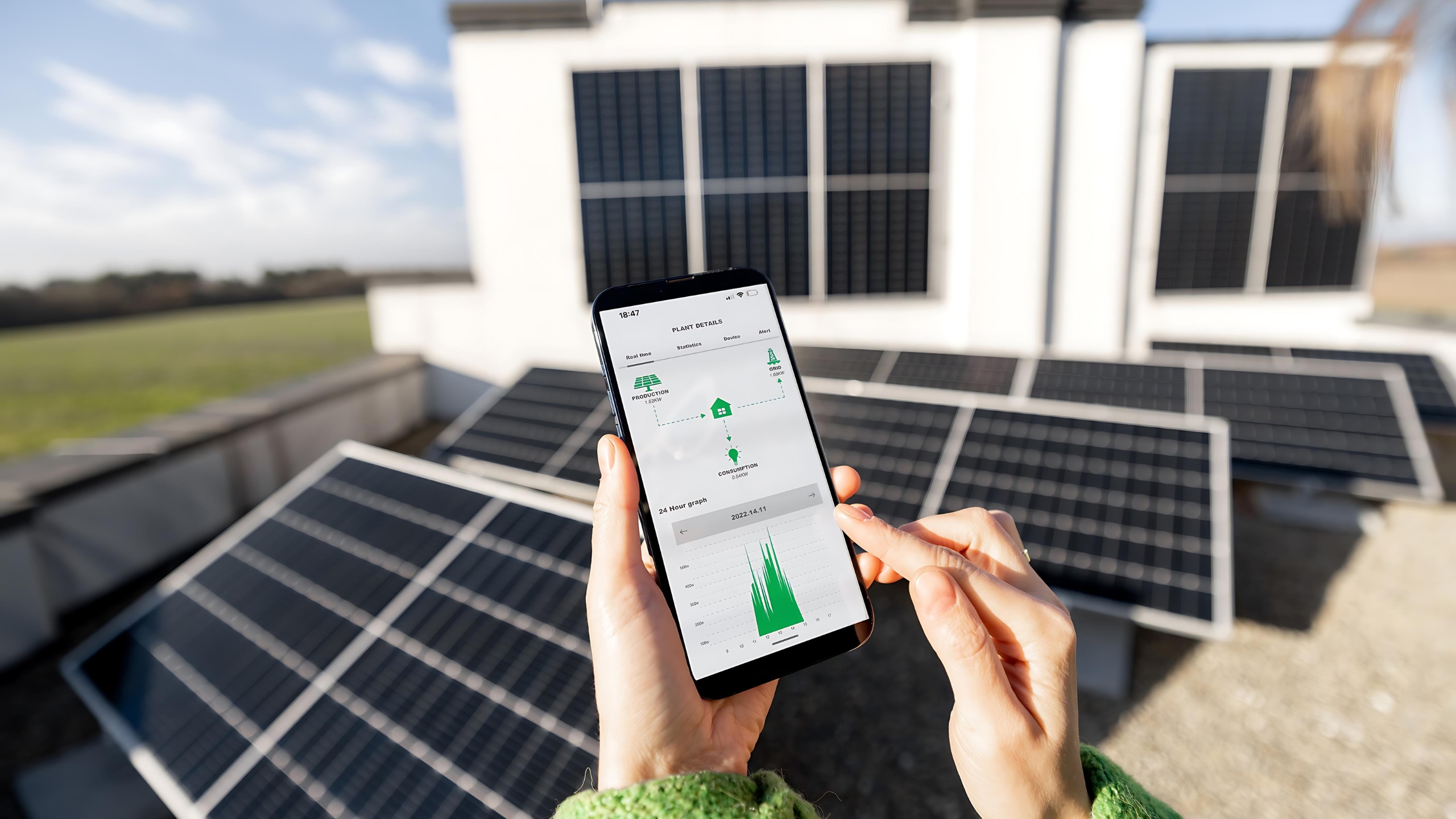
Solar energy is becoming an increasingly popular choice for homeowners seeking sustainable and cost-effective energy solutions. As with any technology, solar power comes with its own set of advantages and disadvantages. This guide provides a balanced overview of the pros and cons of solar energy to help homeowners make informed decisions about adopting solar power.
Pros of Solar Energy
1. Environmental Benefits
Reduced Carbon Footprint
Solar energy is a clean, renewable resource that significantly reduces greenhouse gas emissions. By harnessing energy from the sun, homeowners decrease their reliance on fossil fuels, contributing to a reduction in air pollution and overall carbon footprint. This shift supports global efforts to combat climate change and promote environmental sustainability.
Sustainable Energy Source
Unlike non-renewable energy sources, solar power is sustainable and inexhaustible. As long as the sun shines, solar energy can be harnessed, making it a reliable and long-term solution for meeting energy needs. This sustainability is a key advantage for homeowners committed to reducing their environmental impact.
2. Financial Savings
Lower Electricity Bills
One of the most immediate benefits of installing solar panels is the reduction in electricity bills. By generating your own electricity, you decrease your dependence on the grid and lower your monthly energy costs. Solar panels provide a long-term solution for reducing utility expenses and saving money.
Return on Investment
Solar energy systems offer a favorable return on investment (ROI). The initial costs of installation are often offset by long-term savings on energy bills. Many homeowners see a payback period of around 5 to 10 years, after which they benefit from virtually free electricity. Additionally, the increase in property value associated with solar installations can enhance ROI.
Financial Incentives
Various federal, state, and local incentives are available to make solar energy more affordable. Programs such as the Federal Investment Tax Credit (ITC), rebates, and performance-based incentives can significantly reduce the upfront costs of solar panel installation, improving financial returns.
3. Energy Independence
Reduced Reliance on the Grid
Solar panels enable homeowners to generate their own electricity, reducing their dependence on the public power grid. This independence is particularly valuable during power outages or in areas with unreliable electricity supply. Solar energy systems provide a level of self-sufficiency that enhances energy security.
Stable Energy Costs
By producing your own electricity, you protect yourself from fluctuations in utility rates. Solar panels offer a consistent source of energy, reducing vulnerability to rising electricity prices. Fixed-rate solar energy contracts or net metering agreements further contribute to cost stability.
4. Technological Advancements
Improved Efficiency
Recent advancements in solar technology have led to more efficient solar panels. Modern panels convert a higher percentage of sunlight into electricity, maximizing energy production and improving overall system performance. Innovations in solar technology continue to enhance efficiency and affordability.
Integration with Smart Home Technology
Solar energy systems can be integrated with smart home technology for better energy management. Smart inverters and monitoring systems allow homeowners to track energy production and consumption in real time. This integration enables optimized use of solar power and improved control over energy usage.
Cons of Solar Energy
1. Initial Costs
High Upfront Investment
The primary drawback of solar energy is the high initial cost of installation. While the long-term savings and financial incentives can offset these costs, the upfront investment may be significant. Homeowners should carefully consider their budget and financing options before proceeding with a solar installation.
Additional Costs
In addition to the cost of solar panels, installation may require additional expenses such as roof repairs, electrical upgrades, and battery storage. These costs can add up and impact the overall affordability of the solar energy system.
2. Energy Production Variability
Dependence on Sunlight
Solar energy production is dependent on sunlight, which can be inconsistent due to weather conditions, time of day, and seasonal changes. This variability means that solar panels may not produce electricity at all times, potentially requiring supplementary energy sources or storage solutions.
Geographical Limitations
The effectiveness of solar panels can vary based on geographical location. Areas with limited sunlight or high cloud cover may experience reduced energy production. Homeowners in such regions may need to consider additional factors, such as battery storage or alternative energy sources, to meet their energy needs.
3. Maintenance and Longevity
Regular Maintenance
While solar panels generally require minimal maintenance, occasional cleaning and inspections are necessary to ensure optimal performance. Dust, debris, and dirt can reduce the efficiency of solar panels, requiring periodic maintenance to maintain energy production.
Limited Lifespan
Solar panels have a finite lifespan, typically ranging from 20 to 30 years. Over time, their efficiency may decrease, and they may require replacement or upgrades. Homeowners should consider the long-term durability of their solar system and plan for potential future expenses.
4. Aesthetic Considerations
Visual Impact
Some homeowners may find the appearance of solar panels unattractive or disruptive to the aesthetic of their property. Solar panel installations can alter the appearance of roofs and facades, which may be a consideration for those concerned about the visual impact of solar technology.
Integration Challenges
Integrating solar panels into existing architectural designs may pose challenges. Homeowners with historic or architecturally significant properties may need to navigate regulatory requirements and design considerations to incorporate solar technology without compromising the building’s appearance.
Conclusion
Solar energy offers numerous benefits, including environmental advantages, financial savings, and increased energy independence. However, it also comes with challenges such as high upfront costs, variability in energy production, and maintenance requirements. By weighing these pros and cons, homeowners can make informed decisions about adopting solar power and determine whether it aligns with their energy needs, financial goals, and environmental values.